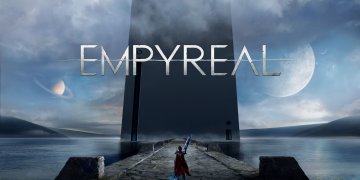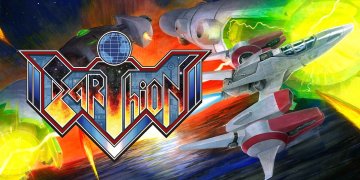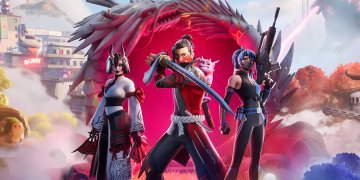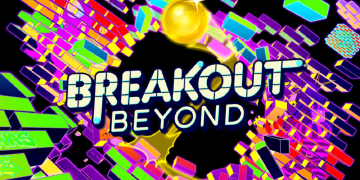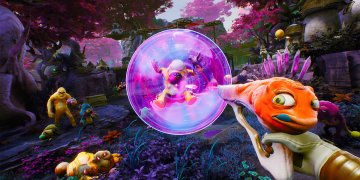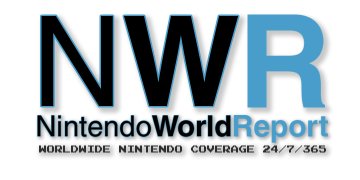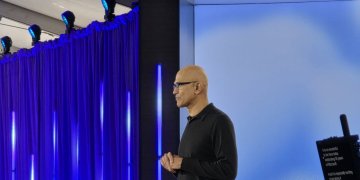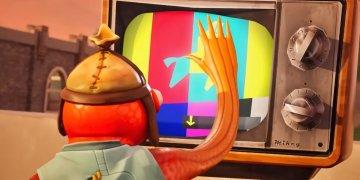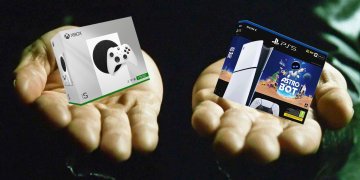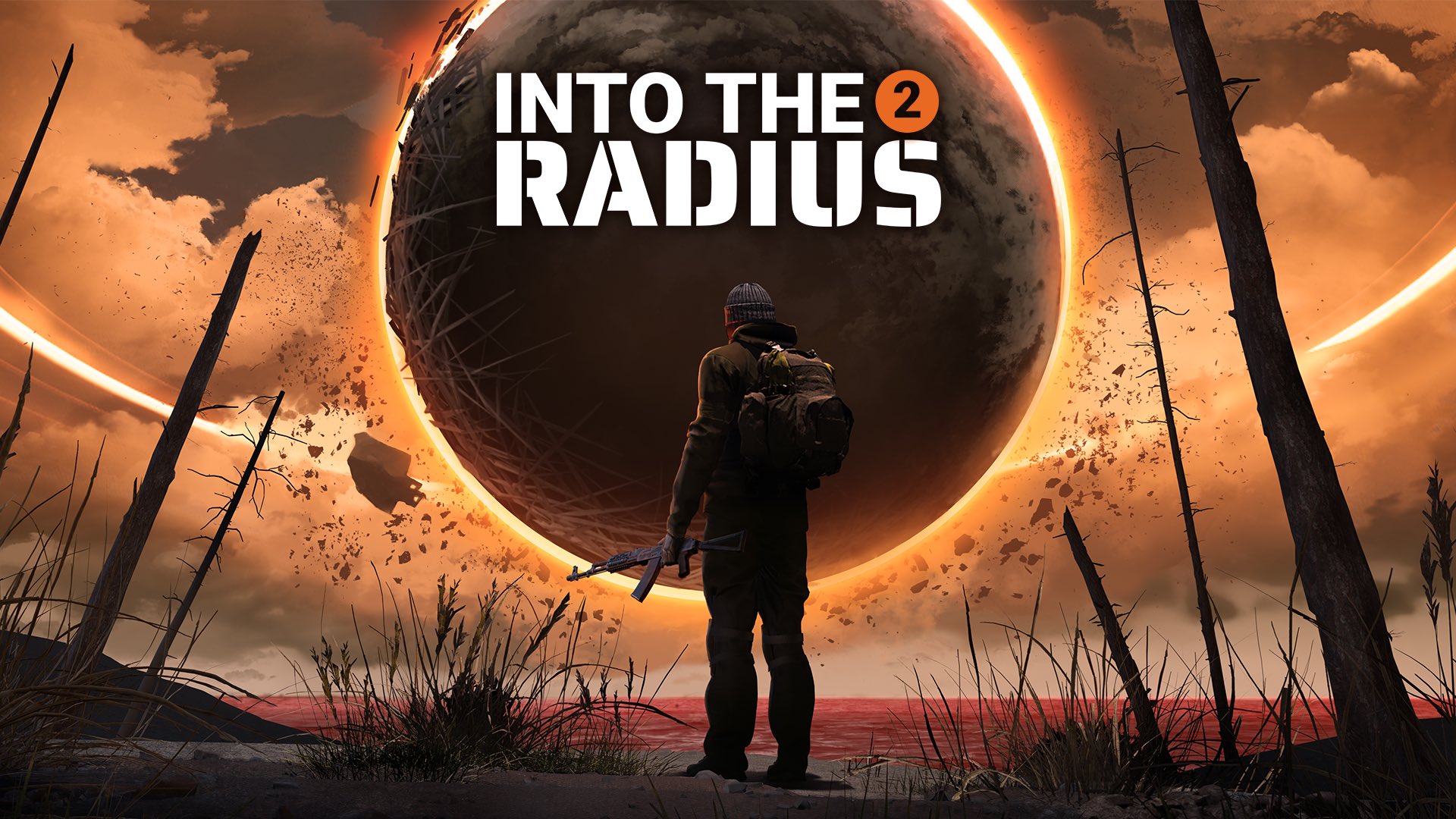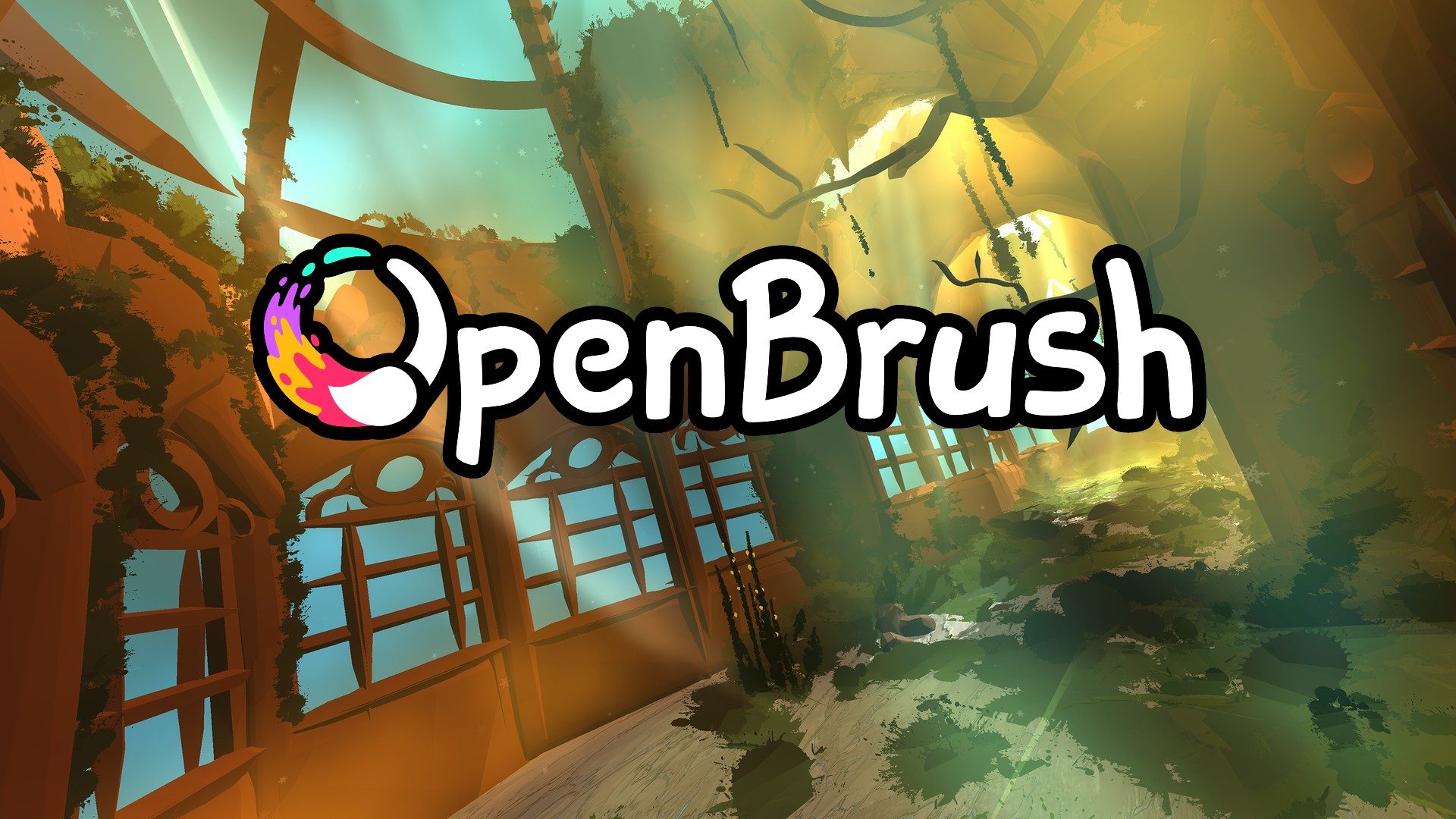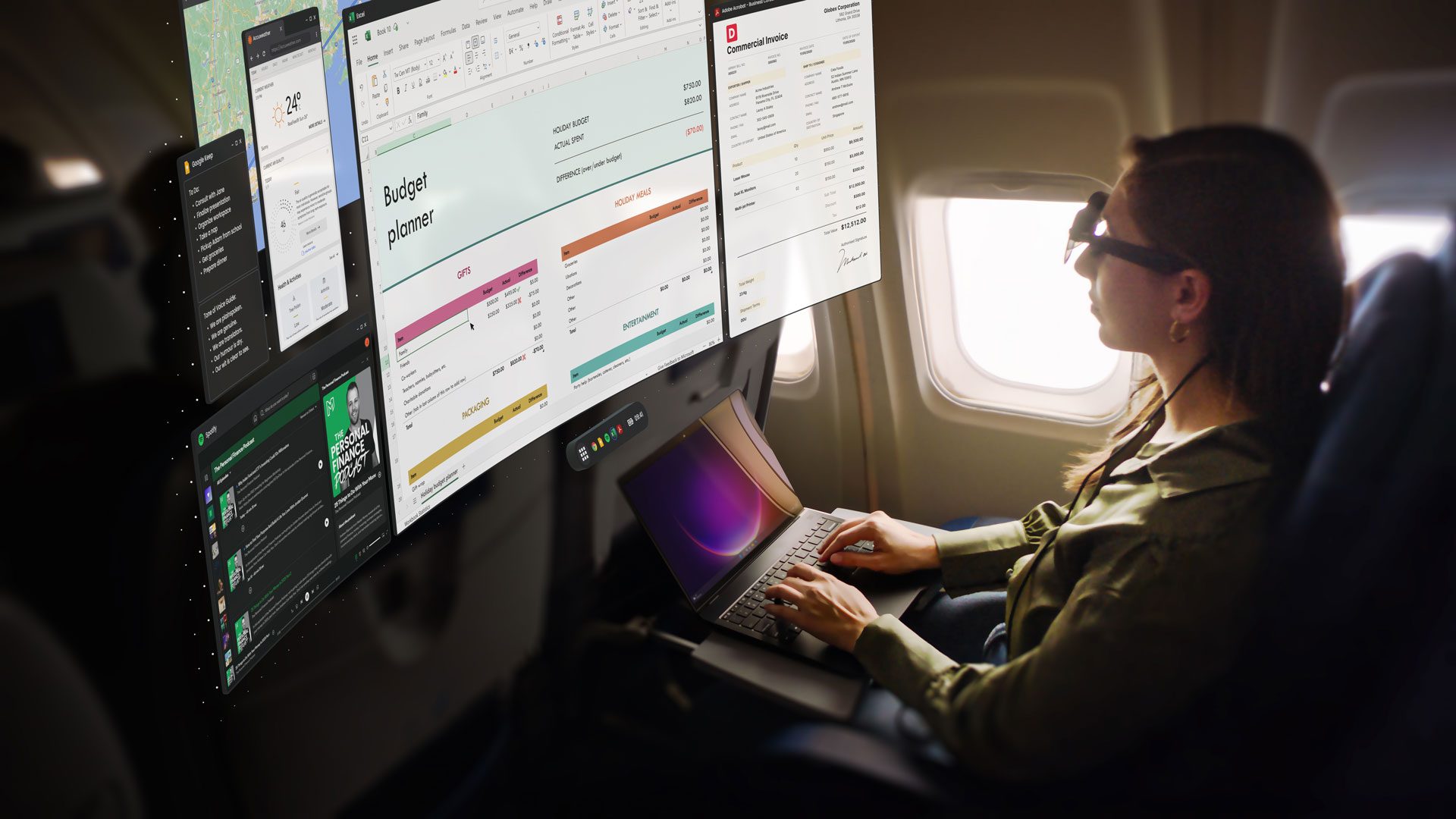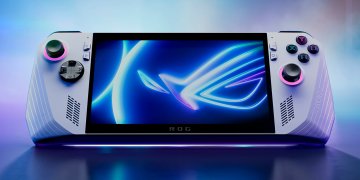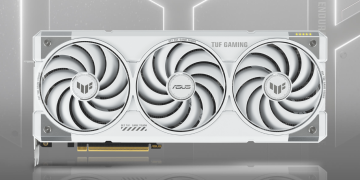Since Microsoft took over Activision-Blizzard and its multitude of development teams, the company—and by extension, Xbox—has soared to become the largest third-party game publisher of all time. When Xbox chief, Phil Spencer, recently spoke in an interview with Gamertag Radio, he hinted that future Xbox games will likely also launch on other platforms, like Nintendo and PlayStation. Naturally, this stirred up quite a buzz but when you think about it, it really does make some sense.
During the interview, Spencer expressed his desire to broaden the availability of Xbox games. He mentioned, “I want people to experience the games we create and the services we offer on as many devices as we can.” However, he also emphasized that they remain very committed to their own platform, saying, “We obviously love the native experience that we have on our own hardware, and that’s something that will continue for us.” It was an insightful conversation on Danny Peña’s YouTube show, where he and Parris from Gamertag Radio chatted with Spencer. The 26-minute discussion was packed with industry wisdom and a touch of nostalgia, touching upon the early Xbox days and the rousing era of the Xbox 360.
For those not deeply versed in console history, let’s provide a little perspective on why these words are stirring up so much intrigue. Remember Sonic The Hedgehog from the movie? Before hitting the big screen, Sonic was a hallmark of video games with a roller-coaster reputation. Back in the day, Sonic games were the pride of Sega consoles, remaining exclusive until Sonic Adventure 2 landed on the GameCube. Sega’s final console, the Dreamcast, couldn’t withstand the PlayStation 2’s might, leading Sega to pivot to become a third-party developer. Ironically enough, Microsoft’s Xbox emerged right around this time to fill that void in the market.
Interestingly, when the Xbox was in its nascent “DirectX Box” phase, it was gearing up to run games from the Sega Dreamcast. Although this compatibility was dropped before the final product launch, some beloved sequels from the Dreamcast era found a home on Xbox, like Jet Set Radio Future.
To some, Spencer’s comments might initially sound like the swan song of a struggling console creator, but Microsoft’s empire is substantial. Now with Xbox standing as the monumental third-party publisher it is, the aim has shifted. Instead of corralling players exclusively to Xbox, the goal is broader game distribution.
Phil Spencer explains it pretty succinctly, saying, “We want everyone to play on Xbox, and that means more of our games appearing on more platforms—not just PlayStation. We love what we’re doing with Nintendo, we greatly value our work with Valve on Steam, and we intend to continue along this path.”
So, do these changes signal that Xbox is headed down the same path Sega once took? Not exactly—Microsoft’s deep pockets ensure that they aren’t in the same boat. Nevertheless, the future Xbox consoles will need compelling offerings to lure people beyond just hardware, especially when competing with the possible hybrid nature of the upcoming “Switch 3” and the inevitably powerful PlayStation 6. These platforms will, as always, vie for market dominance based on their own exclusive game titles.
In conclusion, if Microsoft doesn’t handle their messaging carefully, transforming Xbox from being perceived as a hardware platform into merely a suite of games and services could backfire. As they say, “When everybody’s on Xbox, no one will be.”





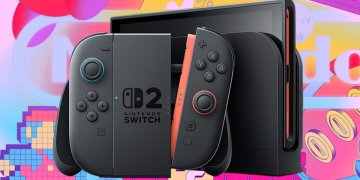


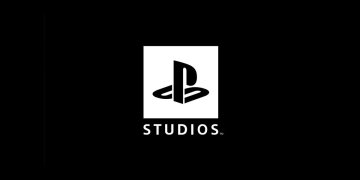



![[Free Game Giveaway] Pets Hotel for PlayStation (NA/EU) [Free Game Giveaway] Pets Hotel for PlayStation (NA/EU)](https://www.xgamernews.com/wp-content/uploads/2025/05/Free-Game-Giveaway-Pets-Hotel-for-PlayStation-NAEU-360x180.jpg)
